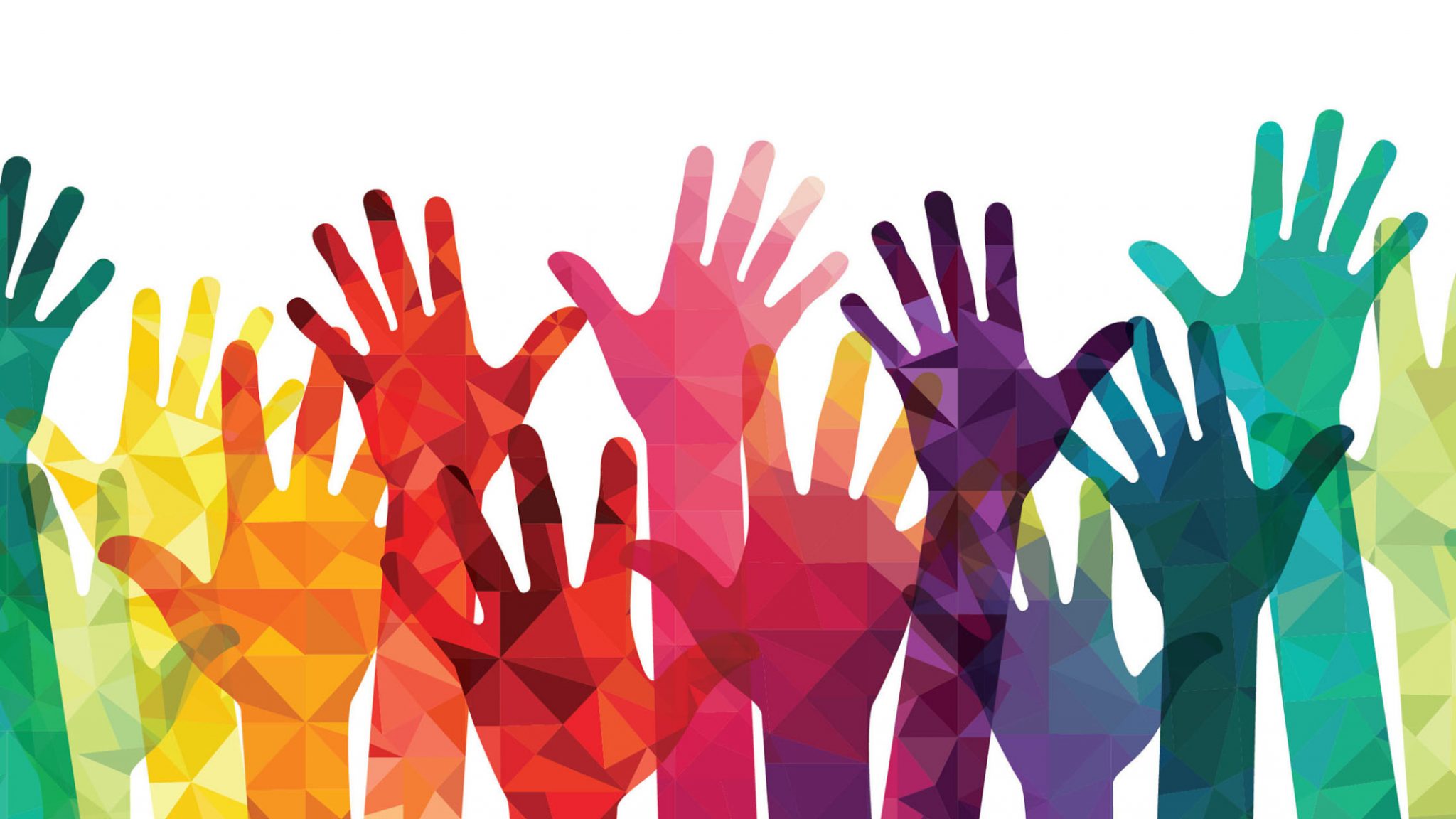Centering Social Justice in the Scholarship of Community Engagement
The Winter 2021 issue of the Michigan Journal of Community Service Learning (MJCSL) will be a joint issue with the National Center for Institutional Diversity (NCID), University of Michigan. As the publisher of MJCSL, the Ginsberg Center is partnering with NCID to highlight the challenges and successes involved as scholars have made efforts to center social justice in their community engagement. This special issue will be guest edited by Tabbye Chavous (University of Michigan) and Tania D. Mitchell (University of Minnesota).
Call for Proposals
A growing number of scholars have critiqued traditional models of service-learning and engaged scholarship for their failure to explicitly confront systems of inequality and their lack of attention to dismantling these structures of injustice (Butin, 2005; Hernandez, 2018; Marullo & Edwards, 2000; Mitchell, 2008; Tilley-Lubbs, 2009; Wade, 2000). This issue will highlight how scholars have centered social justice when designing and implementing service-learning opportunities or producing and applying engaged scholarship.The editors invite abstracts for submissions from educators and researchers from all fields and disciplines that:
- Report research on the challenges, motivations, and experiences of practicing
community engagement - Explore the often-overlooked contributions to the field of community
engaged-scholarship by educators, researchers, practitioners, community partners, and
community members from historically marginalized backgrounds - Evaluate methodologies for the practice and research of engagement based on their
ability to achieve social justice - Apply the lessons of critical theoretical and methodological lenses such as post-colonial
theory, feminism, critical race theory, queer theory, disability studies, and ecocriticism, to
advance community engagement pedagogies and practices
In addition, all submissions should include, either as a section or throughout, self-reflective writing that illuminates the experiences and perspectives of engaged scholars and their community partners. Such writing may be included in different ways and may take several forms. For example, individual reflection may be included as data, may drive the analysis of data, or may appear as an addendum or epitaph to the author(s) work. Reflection may take the form of a first person narrative, photography or other graphic illustration, a transcript of a conversation, or a jointly- authored reflection with a community partner, a co-author, a student, etc. Questions to consider for this reflective section may include:
- How will your work on this article influence your future research or partnerships?
- What structural, institutional, material, or intellectual challenges did you face in
completing this work, and what did you learn from these challenges? - How did your social identities, those of your students, and/or those of your community
partners, play a role in shaping your community engagement experience? - How did power show up in your partnership(s) with communities, organizations, or
co-researchers? How did you address power imbalances?
Proposals should include:
- Up to a 150-word summary of the main argument. Be sure to highlight how your
work intervenes in an ongoing conversation. - The first few paragraphs and, if appropriate, section headings (make sure you tell us
your big picture story here). - A short description of how you plan to include self-reflection throughout or in a
section. - Five recommended resources that are less of a bibliography than giving readers
context to your field and your specific/individual vantage point. - Title, author name(s), institution(s).
Proposals should be submitted online here. (Note: you will need to make a Submittable account if you do not already have one.) Select the form titled “Feature Article Proposals” and follow the instructions. We will accept proposals for this issue on a rolling basis up until January 15th, 2020. If your proposal is accepted, the deadline to submit your manuscript will be June 1st, 2020 according to the guidelines available here.
For interested authors, the editorial team will be available to provide additional support to prepare your manuscript. Any questions can be addressed to [email protected].
